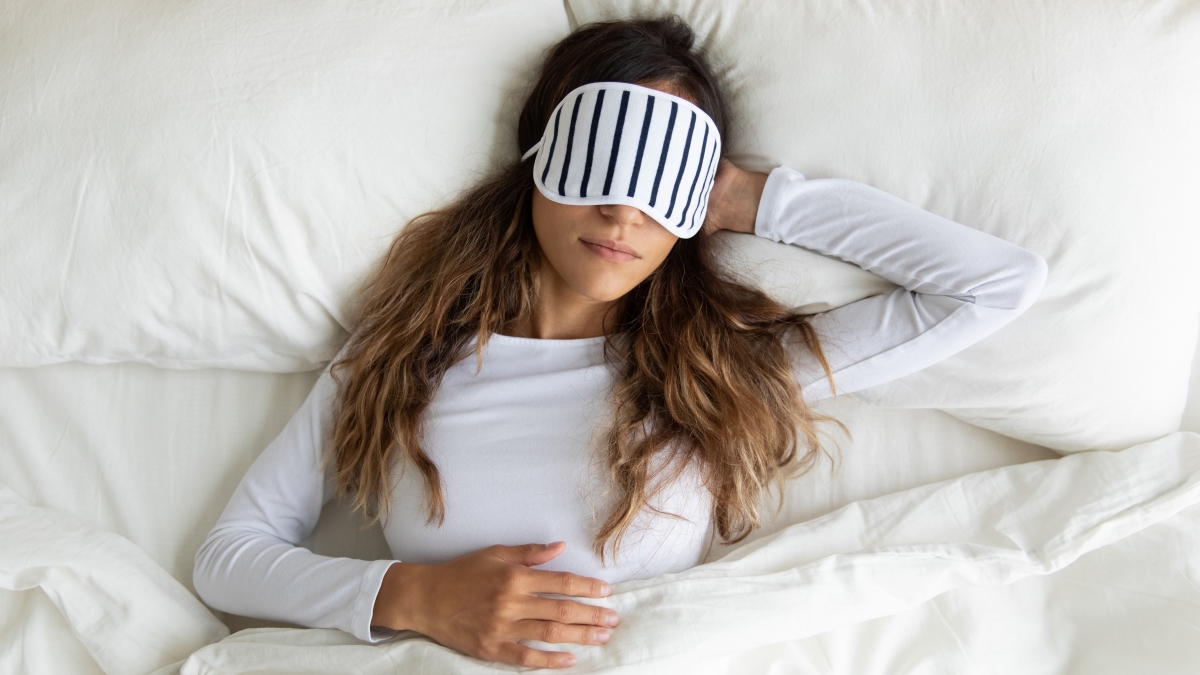Sleep hygiene
If you have problems with poor sleep or you suffer with insomnia, the most important single step you can take to improve your chances of a good night’s sleep is to pay attention to what sleep specialists call ‘sleep hygiene’. This term groups together good sleeping habits and practises which have been found in studies to improve sleep quality and help prevent long-term sleep difficulties. These recommendations might sound like common sense but it really can make a difference to be reminded of the basic rules of good sleep.
To ensure good sleep hygiene, you need to be thinking about setting a regular bedtime and creating a sleep-inducing wind-down routine you can look forward to each night and ensuring your bed and bedroom provide a comfortable and calm sanctuary where you know you will have minimal risk of disturbance.
6 ways to a perfect bedtime routine
Sleep experts agree that good sleep is a habit which can be improved with practise, and a sleep-inducing bedtime routine is a good starting point.
- Establish a set bedtime and wake time you can stick to seven days a week. This helps keep your body’s circadian rhythms in sync. To maximise your chance of getting deep sleep, it is a good idea to go to bed before midnight, since your brain gets the most deep sleep during the first half of the night.
- Aim to stop eating three hours before bed (late night eating can raise your body temperature, which isn’t conducive to good sleep). It’s a good idea to restrict alcohol too – either stop drinking for a while to see if your sleep improves or stick to one glass only1 2. Ditch that evening cup of tea or coffee too – your sensitivity to caffeine increases with age, and if you have problems sleeping, it’s worth completely avoiding caffeine in the afternoon and evenings.
- Dim your lights in the evening. This will help your body produce the hormone melatonin which prepares your brain for sleep.
- An hour before bed, run yourself a warm bath and add a few drops of lavender essential oil and soak for ten minutes3. Just make sure you allow enough time after your bath for your body to cool – a process which helps make you feel sleepy.
- End each day by jotting down in a journal everything you need to do the next day as this could help you fall asleep faster and be less likely to wake up worrying during the night4.
- Instead of watching TV before bed, listening to music could help you fall asleep faster, sleep longer and wake up less during the night5. Slow tunes with a rhythm of 60-80 beats per minute (classical, jazz or folk music) are the most effective sleep inducers.
5 ways to make your bedroom sleep friendly
- Invest in a black out blind or thick curtains to ensure complete darkness (a soft fabric eye mask can work just as well).
- Turn your thermostat down – you’ll sleep better if your bedroom is cool.
- Tidy up and clear out any gadgets and screens which might distract you and interfere with good restful sleep. Experts agree the bedroom should be a place for sleep and sex – nothing else. A phone, laptop, tablet or TV by the bed can make it too tempting, so consider charging your phone elsewhere and using an alarm clock instead.
- Ear plugs will stop your sleep being disturbed by noises outside your bedroom (or a snoring partner).
- Invest in the best bed and bedding you can afford – you spend a third of your life in bed, so you deserve to be REALLY comfortable at night.
Your good sleep shopping list:
- earplugs
- eye mask
- lavender scented bath salts or lavender essential oil
- journal notebook and pen
- alarm clock
- soft pillows and comfy bedding
- https://www.ncbi.nlm.nih.gov/pubmed/26458258
- https://www.nature.com/articles/s41598-018-20424-y
- https://www.sciencedirect.com/science/article/abs/pii/ S1087079218301552?via%3Dihub
- https://www.ncbi.nlm.nih.gov/pmc/articles/PMC5758411/
- https://www.sleepfoundation.org/articles/can-music-help-you-calm-down-and-sleep-better
If you’re having trouble falling and staying Fast Asleep, you may benefit from an evidence-based diet and lifestyle approach like The Fast 800 programme. Co-founded by Dr Michael Mosley, The Fast 800 online programme is designed to help members lose weight and regain their health with food, exercise and mindfulness guidance based on science. Poor-quality sleep is common among those who are overweight, and many of The Fast 800 online programme members report an improvement in their sleep and mood while following the programme. Learn more.


